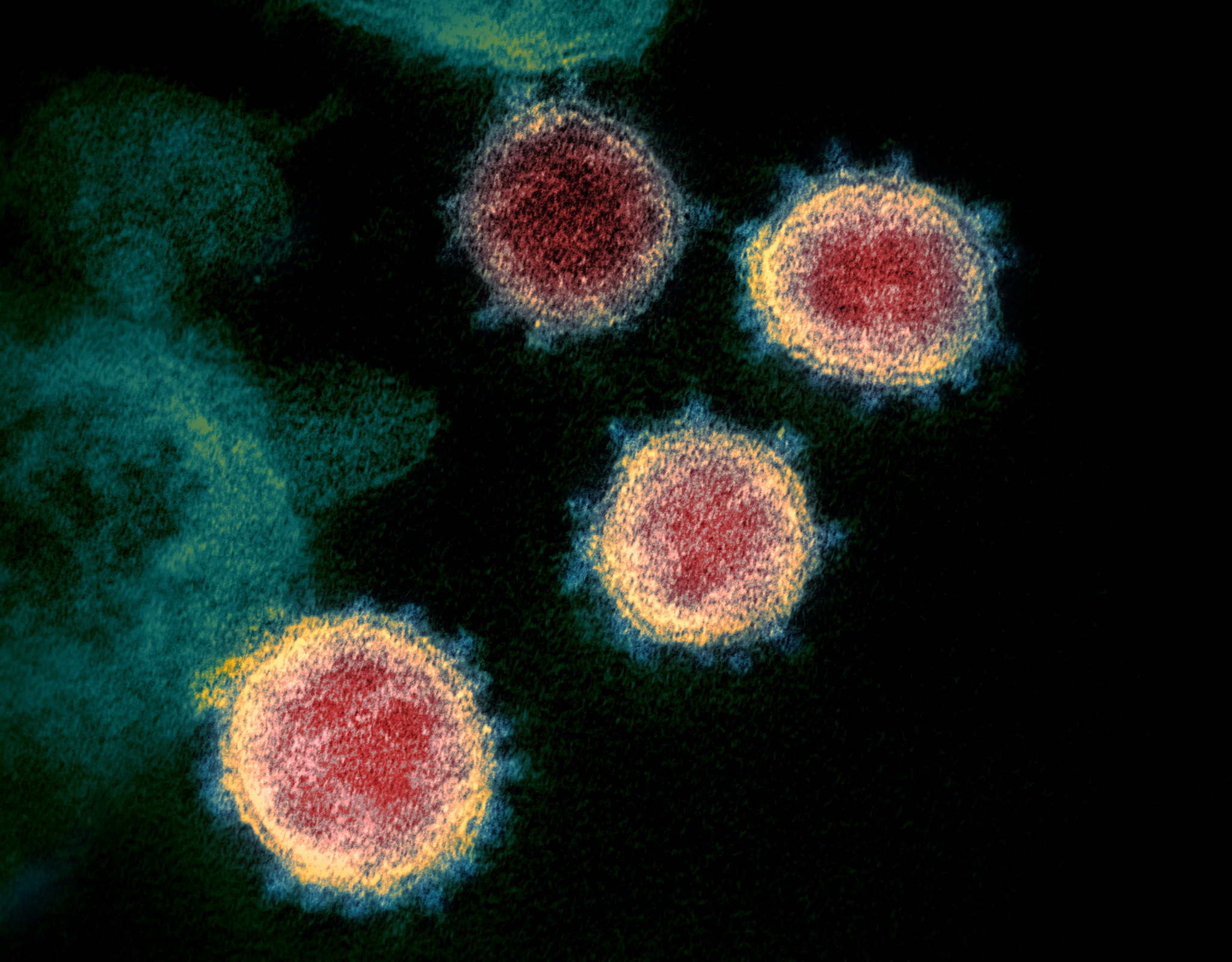Gilead working with generics firms to boost global supply of COVID-19 drug

Gilead has outlined plans to work with generics firms to rapidly increase production of its COVID-19 drug remdesivir to meet global demand.
The California-biotech said it is working flat out to increase supplies to prepare for the possibility that regulators will approve remdesivir.
In the US, the FDA this week granted an Emergency Use Authorisation for remdesivir in the light of clinical trial results showing the drug reduced recovery times for severely ill hospitalised patients.
The company said in a statement that its “overarching goal is to make remdesivir both accessible and affordable to government and patients around the world” where it is approved by regulators.
Based on the assumption that approval is likely Gilead is in talks with European chemical and pharmaceutical manufacturing companies about their ability under voluntary licenses, to produce remdesivir.
It is also negotiating long-term voluntary licenses with several generic drugmakers in India to produce remdesivir for developing countries.
Gilead will provide technological support for these companies and in discussions with the Medicines Patent Pool to license remdesivir for developing countries.
Another partner is UNICEF, which Gilead is working with to provide medicines to low and middle-income countries through its distribution networks.
Gilead noted that this consortium of manufacturing partners is important as producing remdesivir requires scarce raw materials with lengthy production times and specialised manufacturing arrangements.
“Any disruption to the supply chain impacting these scarce raw materials and other manufacturing inputs could reduce the amount of remdesivir produced and increase the time it takes to do so,” the company said.
Questions remain about the cost of remdesivir however: Gilead sparked concerns in March when it tried to get approval for the drug as an orphan medicine due to the comparatively low number of confirmed cases in the US at that time.
Supplying remdesivir as a rare disease drug would have allowed the company to charge a premium price and allowed benefits such as a longer period of market exclusivity.
The company, which had faced criticism over the price of its hepatitis C drugs over the last few years quickly backed away from this idea after a backlash on social media.
Remdesivir is a broad-spectrum antiviral drug, which was last week hailed by US infectious disease expert Dr Anthony Fauci as the new COVID-19 standard of care, following phase 3 trial results announced last week.
Preliminary results showed the trial met its endpoint after showing patients who received remdesivir had a 31% faster time to recovery than those who received placebo.
Median time to recovery was 11 days for patients treated with remdesivir compared with 15 days for those who received placebo.
Results also suggested a survival benefit, although this was not statistically significant, with a mortality rate of 8% for those receiving remdesivir versus 11.6% for those receiving placebo.











